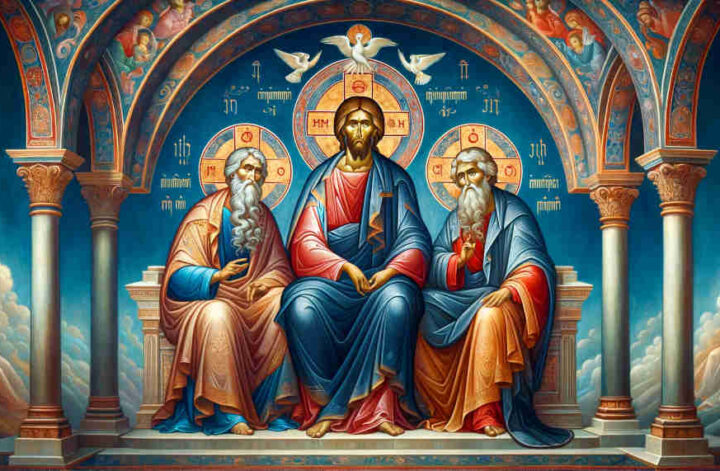Dear Theophilus,
As someone who is deeply interested in both science and religion, I am curious about the Christian stance on evolution. Do Christians believe in evolution, and how do they reconcile it with the Biblical creation account?
Kind regards,
Leon
Reconciling Faith and Science: The Christian Take on Evolution
Dear Leon,
The question of evolution within Christian thought is one of considerable diversity and nuance. There is not a single, unified Christian stance on evolution; instead, there are a variety of beliefs that range across a spectrum from young-earth creationism to theistic evolution.
Some Christians, particularly those who hold to a literal interpretation of the creation narratives in the Book of Genesis, do not accept the theory of evolution. They subscribe to young-earth creationism, which posits that the earth is relatively young and that God created the universe in six literal days. This perspective often involves a direct reading of the Genesis account as a historical and scientific record.
On the other hand, many Christians find no contradiction between the scientific theory of evolution and their faith. These individuals often adhere to theistic evolution, which suggests that God used the process of evolution as His means of creation. This view maintains that the scientific understanding of the universe’s development over billions of years is compatible with the belief in a divine creator.
There are also Christians who hold to old-earth creationism, which accepts the scientific evidence for the age of the earth while still maintaining that God intervened in the process of creation in a significant way. This view can include the acceptance of some aspects of evolution, but with the belief that God guided the process in a more direct manner than theistic evolution proposes.
Furthermore, some Christians may adopt an allegorical or non-literal reading of the Genesis account, viewing it as a theological and poetic narrative that speaks to the truth of God as the source of all life, rather than a detailed account of how God created life. In this view, the Genesis creation story is not in conflict with the scientific theory of evolution, as they address different questions — one of purpose and meaning, the other of processes and change.
Ultimately, the Christian community includes a wide array of beliefs regarding evolution. The debate is ongoing, with theologians, scientists, and believers continuing to explore how faith and science interact and inform one another.
As you continue your exploration, may you find both the wonder of scientific discovery and the deeper truth of divine creation enriching your understanding of our world and its origins.
Grace and peace be with you,
Theophilus


